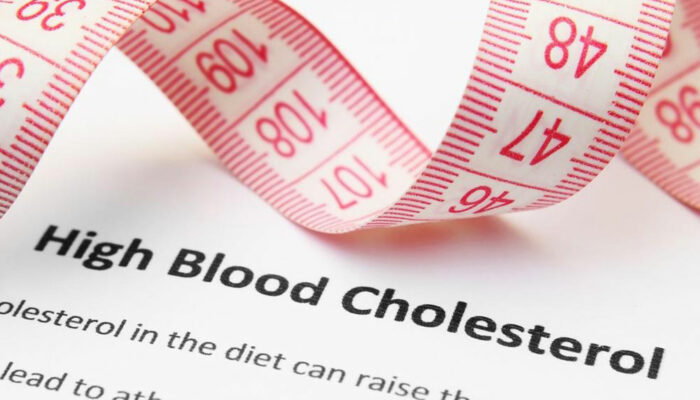
Diet plan for psoriatic arthritis
If you are above 40 years old, then the chances of you developing PSA or psoriatic arthritis is quite high. It occurs mainly in people who already have psoriasis. Psoriasis occurs due to various reasons and it often results in the skin becoming itchy with red, inflamed blisters or rashes. If this leads to inflammation in the joints, then you are likely to be diagnosed with psoriatic arthritis. There are a few things that you can do to manage your current condition such as opting for certain foods while avoiding others.
Foods to eat and avoid
If you have been diagnosed with psoriatic arthritis, then it is important that you restrict certain foods and modify your diet. This should help you manage your current condition better.
- Low-calorie diet
Various studies have indicated that obese people are more at risk of developing psoriatic arthritis (PsA) than others. In addition to that their condition is likely to worsen which is why one needs to opt for a reduced calorie diet. It is time to shed those extra pounds as it can help alleviate some of the pain and discomfort caused by PsA. - Omega 3
You need to opt for a leaner diet and at the same time, make sure that your diet is composed of food items rich in Omega 3 as this can help you manage your current condition. On that note, you may want to consume more fish than meat and try to go for fish such as mackerel or salmon as both are rich in Omega 3 fatty acids. If you are a vegetarian, that’s even better. You can opt for veggies such as carrots, sweet potatoes, spinach, and kale. You may also want to consume blueberries regularly. - Anti-inflammatory food
Psoriatic arthritis causes swelling so you may want to opt for foods that can help bring down the swelling. You can also consult your doctor as well as a dietician as to the specific foods that can help to reduce the swelling in your joints. - Foods to avoid
There are certain food items that you may want to avoid, such as fatty red meats, refined sugar, processed food items which include cheese. Limit or avoid the intake of potatoes and tomatoes. You can opt for a healthy diet which should also help you to lose weight and in the process, it can help mitigate some of the symptoms of PsA.
Eating the food items listed above and limiting or avoiding the intake of certain others when diagnosed with PsA, can help bring down the inflammation. Your diet plays a key role in helping to ease some of the pain and discomfort. It should also be pointed out that PsA can be quite debilitating, if not treated in time. Therefore, it is essential that you consult with your physician at the earliest.



